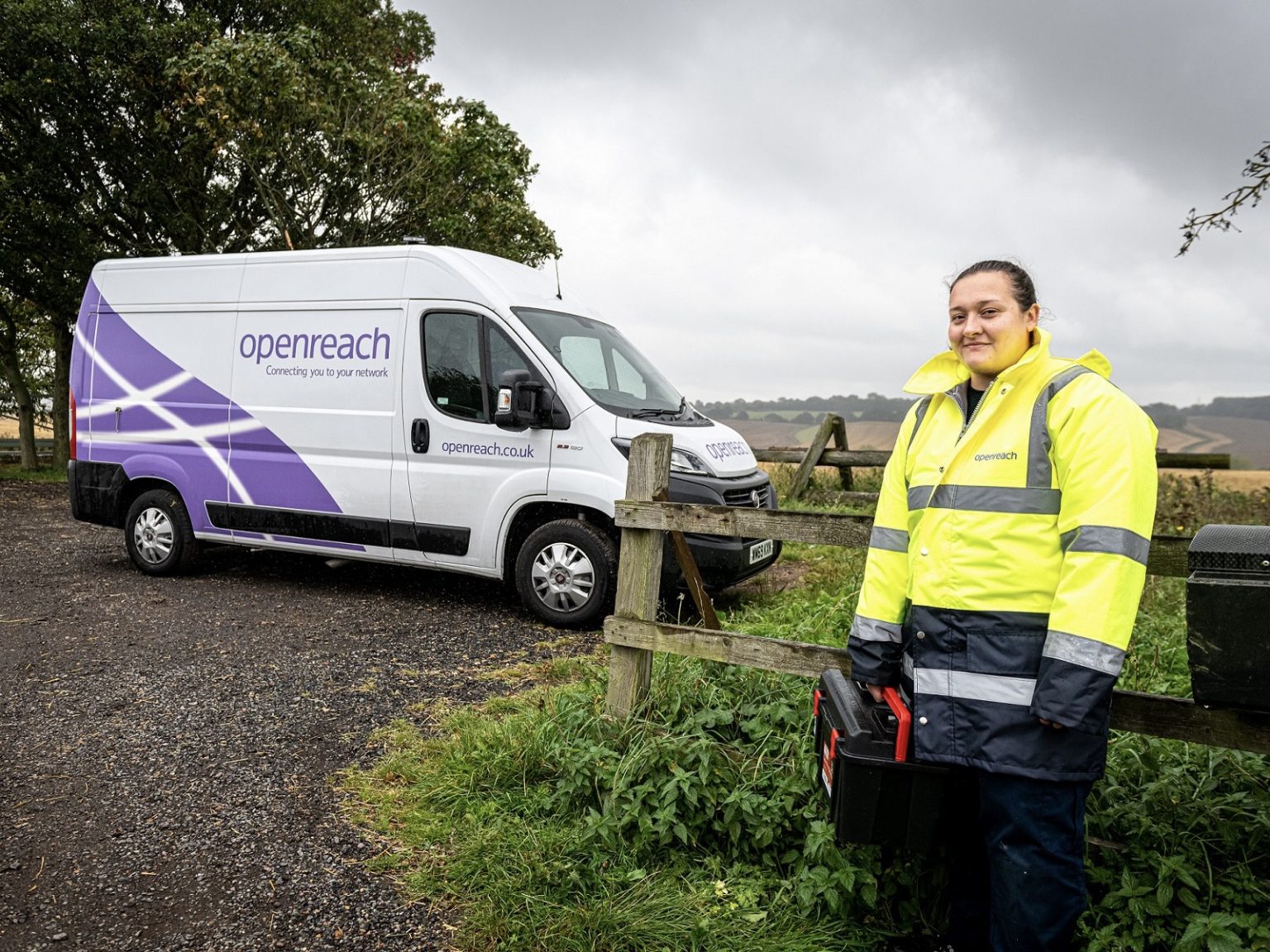- INCA warns that designating Openreach as default provider in areas deemed non‑competitive is “unjustified and short‑sighted.”
- The association calls for a forward‑looking regulatory approach to support altnet investment and sustain market diversity.
What happened: INCA flags Openreach bias
The Independent Networks Cooperative Association (Inca), representing UK alternative fibre providers, has responded to Ofcom’s ongoing Telecoms Access Review (TAR) in June 2025. It strongly objects to a proposal that designates Openreach as the default provider in areas deemed “non‑competitive”, calling the move “unjustified and short‑sighted”. Inca argues that this bias could entrench the incumbent’s dominance and deter private investment from altnets that are actively rolling out full‑fibre networks.
Inca states that Ofcom’s data supporting the proposal is flawed and that the approach risks damaging existing competition and slowing down rural fibre build‑outs. The trade body urges Ofcom to adopt a “forward‑looking regulatory framework” that balances market fairness, fosters sustainable investment, and supports altnet efforts in underserved areas.
Also Read: UK altnets eye mergers and new services amid mounting pressures
Also Read: Ofcom reports 80% gigabit broadband coverage across UK
Why it is important
If Ofcom adopts Openreach as the default provider in “non-competitive” areas, it may undermine efforts by alternative networks that have already invested heavily in rural fibre. This risks deepening the digital divide, especially in underserved communities that need diverse infrastructure investment to bridge the gap.
Designating a single dominant player like Openreach could erode market confidence. Altnets may reduce rollout plans or seek mergers to survive, limiting long-term competitiveness and stalling fibre availability across the UK. Investors might see this as a sign of regulatory inconsistency, which could shift capital elsewhere.
Inca’s warning is a signal that without careful checks, infrastructure policy risks locking the UK into a single-provider model. A fairer regulatory framework would allow multiple networks to grow, foster innovation, and ensure that end users—particularly in rural regions—are not left behind.

